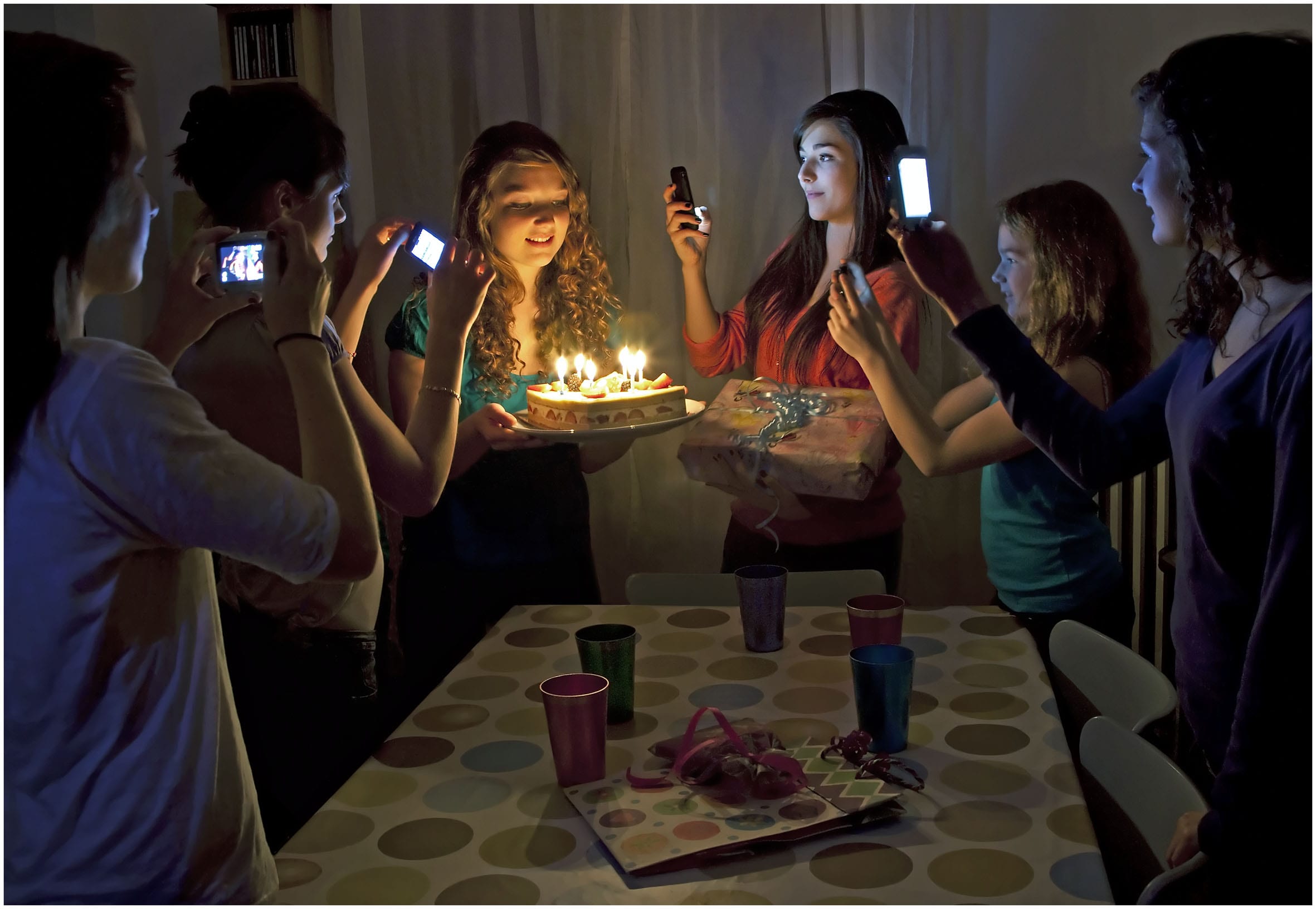Founded in 1991, Noorderlicht is one of the more experienced heads of the European photography scene. The Dutch festival has a decidedly ‘current’ scope, aiming to address social discussions and processes as they play out. Growing out of the Noorderlicht Photogallery in Groningen, for the festival, “photography is a socially inspired medium” and this year’s main theme is as rich as it is relevant: ‘Data Rush.’
WikiLeaks, the NSA, Sony vs. North Korea — information is being siphoned off and redistributed on a staggering scale, and inspired by the inundating stream of words, images, videos and combinations therein, this year Noorderlicht is tackling the digital age. This year, half of the planet’s population will have access to the internet, and ‘the next billion’ are beginning to grapple with the repercussions of constant connectivity. While contemporary artists have explored ideas surrounding technology thoroughly in recent years, Noorderlicht is focusing on the sheer scale of information overload, and through the images, asks what effect it may have on us.
“‘Online’ is such a drastic concern”, says Wim Melis, curator of the festival since its inception. “Photography used to focus on the physical world around us [but] there has been a change. The virtual world which we live online is getting closer and closer to real life, it’s not distinct where one ends and the other begins. So one question is: how does photography view that? How do you deal with a world that is becoming, in part, virtual?”
This is the question central to the work being shown; Dina Litovsky’s exhibitionist images explore the way social networks are shifting norms of public behaviour, Catherine Balet’s work depicts humans darkly illuminated by the chiaroscuro-like glow of the engrossing devices, while Heinrich Holtgreve attempts to photograph the physical core of the internet itself, questioning what this network of networks exactly is. ‘Data Rush’ also includes Fearless Genius, Doug Menuez’s documentation of the turbulent early years of the technology and Internet pioneers in Silicon Valley.

Melis explains, “I was looking for photographers that are artists with a voice. I wanted to find people who made a statement about how being immersed in data changes your life and the effects – what are the risks of whats happening? I was looking at how or can photography can do that’ is photography the best medium for it? For us it’s about the story, not about the genre.”
With ‘Data Rush’ providing a consuming, almost dystopian lens on the world, ‘Pulse’, the second international group exhibition of the festival, provides a much-needed counterbalance. Sixteen photographers were chosen to, as the press release reads, show [a] poetic response to the world around them.” As Melis says, “the two exhibitions [are] in one sense completely opposed, but on the other hand they also talk to each other.”
Within ‘Pulse’, in collaboration with Fotobookfestival Kassel, Noorderlicht will also be exhibiting the project On Daido for the first time as an exhibition. This homage to Moriyama, includes work by Antoine D’Agata, Rinko Kawauchi and Alec Soth, among others.
Noorderlicht has traditionally championed non-Western photography, and this year is no exception. The third exhibition, ‘Making Oneself’, is both a historical investigation and contemporary showcase of photography in South and Southeast Asia and Uganda, incorporating archival material from the (colonial) past with present-day social and political contextualisation.
In addition to the exhibitions, the festival will be running lectures and debates that allow audiences to participate in the conversation: topics include the ethics of privacy, the legality of surveillance and the tension between privacy and control. In its 22nd edition, Noorderlicht seems to be asking existential questions that question the medium itself. Melis agrees and, he notes, there aren’t necessarily clear answers.
“Photography is searching for a new identity. Images are everywhere, everyone can make 10,000 images in a few months – there’s bound to be a few good ones. The fact that image-making has become so huge only emphasises how important photography is and how big the need for it is. It does ask what direction the profession will take. No one has the answer yet, everyone is still searching.”
Noorderlicht Photofestival is running from 23rd August through 11th October. More details here.
Want to get your work seen by the most influential people in the industry? Enter the BJP International Photography Awards 2016. For more details and to enter, visit www.bjpipa.com
